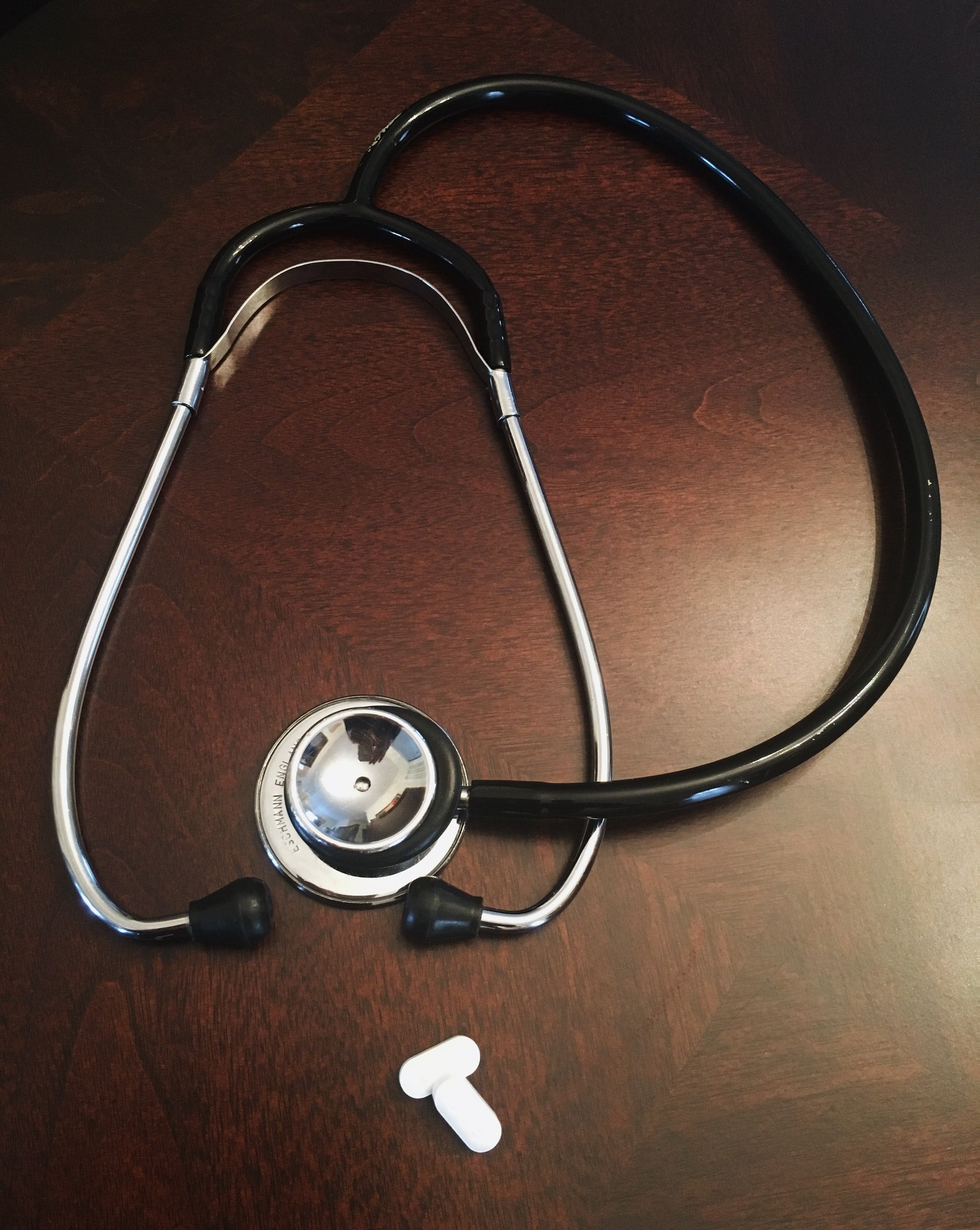
Sexual Health Checks
Self care is important for anyone who has survived grooming. Here CAAGe takes a look at ensuring that you have a health check if sex was part of your grooming, or, indeed, it’s intended purpose.
On this page:
Introduction, including information on STDs
Accessing services
NHS clinics, UK
Doctors
Helplines
At home checks
Coming soon
So you've had the shock of being groomed.
If sex was involved, a practical thing you can do to care for yourself and put your mind at rest is to check for Sexually Transmitted Diseases or pregnancy.
Given that you've had sex with someone irresponsible and capable of lying about just about anything (your groomer or groomers), we urge you to get checked out. There are indications that after any kind of grooming/assault involving sex, less than a quarter of us will seek medical care. However, the sooner an STI (sexually transmitted infection) is diagnosed, the sooner you can be treated and reduce the chances of long-term damage to your health. It’s easier to treat a new infection than an older one and some do not show any symptoms for week or two.
The most common STIs, such as chlamydia and gonorrhoea sometimes show no symptoms, so you can have an STI without knowing. Apart from the risk of passing it on, there can be serious health risks from not getting treatment:
Chlamydia: Pelvic Inflamatory Disease (PID) or infertility
Gonorrhea: PID, infertility
Hepatitis B: Liver problems including Cirrhosis or cancer
Herpes (Genital): Bladder problems or meningitis
HIV: HIV (Human Immunodeficiency Virus)interferes with the body's ability to fight infection and disease. Untreated HIV can lead to AIDS (Acquired ImmunoDeficiency syndrome), a chronic, potentially life-threatening condition. HIV/AIDS can cause significant weight loss, alongside diarrhea, chronic weakness and fever as well as neurological symptoms including confusion, forgetfulness, depression, anxiety and difficulty walking.
HPV: HPV (Human Papilloma Virus) = otherwise known as genital warts - can lead to cervical, anal or penile cancer.
Syphilis: Blindness, dementia, and damage to the heart, brain, eyes, kidneys, and bones, as well as loss of motor skills,
These consequences are largely preventable and a range of preventions and cures are available if caught early enough.
Before testing the medical professional may examine your genital area for discharge, warts, irritation, sores or rashes. Consequent STD testing is quick, easy, and it doesn’t usually hurt. Tests may include peeing into a pot; swabs fom your cheek, penis, vagina, urethra, cervix, anus, throat or any sores and blisters; or a blood test.
Our research shows that less than 0.5% of victims of grooming have contracted a sexually transmitted disease.
It has to be worth getting tested to ensure that these monsters haven’t left you with a disease that could seriously affect your future health.
When it comes back negative, score one you!! You’ve done the right thing, you’ve done something for yourself and it’s a worry you can take from your shoulders.
And if tests comes back positive, you can celebrate because your abuser won’t have ruined your life - you’ve taken a step towards self care and can remove and manage the situation/recover from them.
Just showing up for the tests is the equivalent of giving them ‘the bird’ (your middle finger). However much they tried to destroy you, they’ve failed. You’re caring for you. And if you’ve picked up something from an abuser, they have whatever it is you’ve picked up as well.
Accessing Services
Taking the decision to get tested is a massively positive first step. To get the best out of the experience and reduce the anxiety, you need to help your healthcare provider help you. In an ideal world, everyone would be able to access sexual health services in ways suit them.
Brook and The Survivors Trust have created a great guide aimed at young people, but relevant to anyone concerned about about accessing help: '#CheckWithMeFirst
Victim Support has created a leaflet regarding ISVAs, Independent Sexual Violence Advisors: What is an ISVA?
About testing:
Basic advice: Unless advised otherwise, don’t urinate for one hour before the visit so that giving a urine sample is easier. Don’t worry about drinking beforehand and try and eat something within an hour of attending. Bring a list of all medications you are currently taking including vitamins and homeopathic ones.
Be open: It’s important to give your health provider as much information as they need to help treat you. For men who have had sex with another man, and for trans people irrespective of how they self identify, different tests may be made.
Trans adults: About 3 in 10 trans adults say they have had to teach a doctor or other health-care provider about trans people so they could get appropriate care - this is a lot less likely to happen in a clinic dedicated to STIs. Don’t let encounters with providers who are inadequately trained in transgender health,or personal discomfort with the visit/exam put you off getting help.
Trauma Responses: For many people, traumatic experiences set off a trauma response when they feel the eneed to protect themselves. Some of us consequently avoid the situations, places or people who are thereto help. Registration, talking about sexual history, intimate (genital) examinations, sample collection can all be trauma triggering, to say nothing of any follow up if an STI is detected.
Let the health team know - they test constantly and have seen most things before. However, if you are feeling wary you may prefer to try a ‘test it yourself’ type kit first. This, of course, only defers the issue of attending a medical situation rather than dealing with it, but for many, that first step will be an important one. There is a list of at home STI tests below. There are two downsides to this. One is cost, the other is that ‘at home’ tests stand more of a chance of giving a wrong result. Most of us aren’t trained to take swabs etc in the same way as medical personnel, and we don’t generally live in conditions similar to a health clinic.
If you do attend a clinic, if they don’t ask themselves (which is unusual), raise any concerns or questions before testing begins. Explain that you have been a (historic) victim of sexual abuse and that this will make the examination more difficult for you. It’s a big ask for some of us to speak up, but once it’s out in the open, it should mean that the health professional behaves in a more ‘trauma informed’ manner. Most have a great deal of empathy and have seen most things before. For the most part, you should be able to relax. These are experienced professionals.
Sexual assault referral centres (SARCs) are well informed (trauma informed) in this respect and may be able to help you: List of SARCs
NHS: SHC /GUM Clinics
A sexual health clinic (SHC) or genitourinary medicine (GUM) clinic specialises in sexual health, and will provide tests and treatment for many STIs. These services are efficient, discrete and professional. Their staff are compassionate and have seen it all before. Some act as gateways to other support services.
Sexual health clinics treat problems with the genitals and urine system. You can usually turn up without an appointment. You'll often get test results quicker than from the GP and you may not have to pay a prescription fee for treatment.
General advice would be to avoid a Monday, as weekends tend to lead to emergency ‘morning after’ visits. And take something to read. There may be long waits.
Find out more:
GUM Clinics Northern Ireland
The Rowan, Northern Ireland (Page offers details of more localised services across Northern Ireland)
NHS Inform Scotland (Telephone service in first instance. May offer test at home kits where appropriate)
Your GP/Doctor's Surgery
Doctors can run some tests in their surgeries and GPs do tend to take a more holistic view of your situation. Doctors often act as gateways to other services that may help you in your particular situation, notably counselling.
Your doctor will also be able to discuss pregnancy and options that are right for you.
However, a GP may well refer you to a sexual health clinic if they think you may have an STI.
National Sex Healthline
Call the National Sexual Health Helpline provided by Public Health England (Monday–Friday, 9am to 8pm, Saturday and Sunday, 11am to 4pm) on: 0300 123 7123 .
Brook
Brook is a charity supporting people with their sexual health and wellbeing. They offer a range of services to help the under 25’s live healthier lives: Brook.
Sexual Health Scotland
Sexual Health Scotland's website is really useful: Sexual Health Scotland
It even offers a way to find your local clinic.
There's also a symptom checker on the site. However,if you are stressed and unsure about symptoms, this may just add to stress levels and add worries.
At home STI checks
If you have the budget to pay for private or at home checks these are an option. Considerations include:
Timings: whilst some STIs can be checked for almost immediately, others can't, so check this out prior to testing;
What support is offered in case of bad news.
Collect it yourself samples may not be as accurate as one taken by a healthcare professional.
If you have symptoms but test negative, you will need to get the result checked.
The number of tests and suppliers has increased radically over the past few years. Suppliers we found on a Google search (not tried out) include:
Better2Know (Has 2 TrustPilot profiles, verified - excellent 4.3/5, one unverified 2.2/5)
Let's Get Checked Rated
Lloyds Pharmacy (if you have no symptoms
(Note: Whilst every effort has been made to ensure that this information is up to date, note that it is UK advice, and is not exhaustive. It does not replace advice given by medical professionals or your healthcare provider.)
Updated July 2023
Coming soon:
We are trying to negotiate a deal for grooming survivors for chep home testing kits
Facing testing fears and trauma
Why do a test, and coping with the results
Fundraising for testing kits

